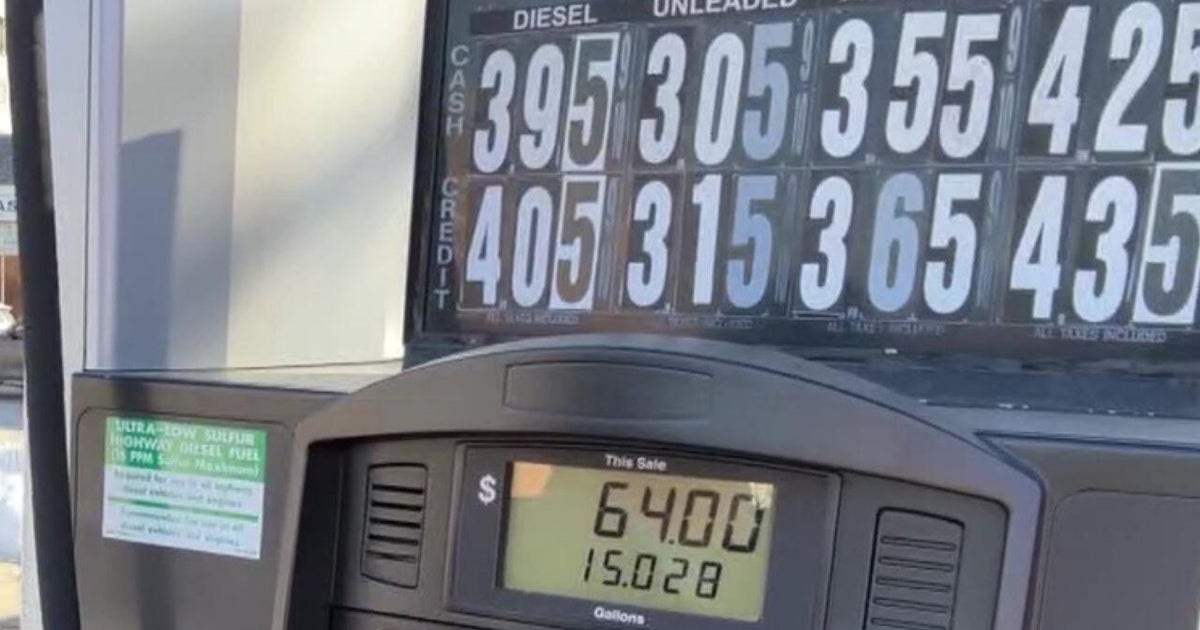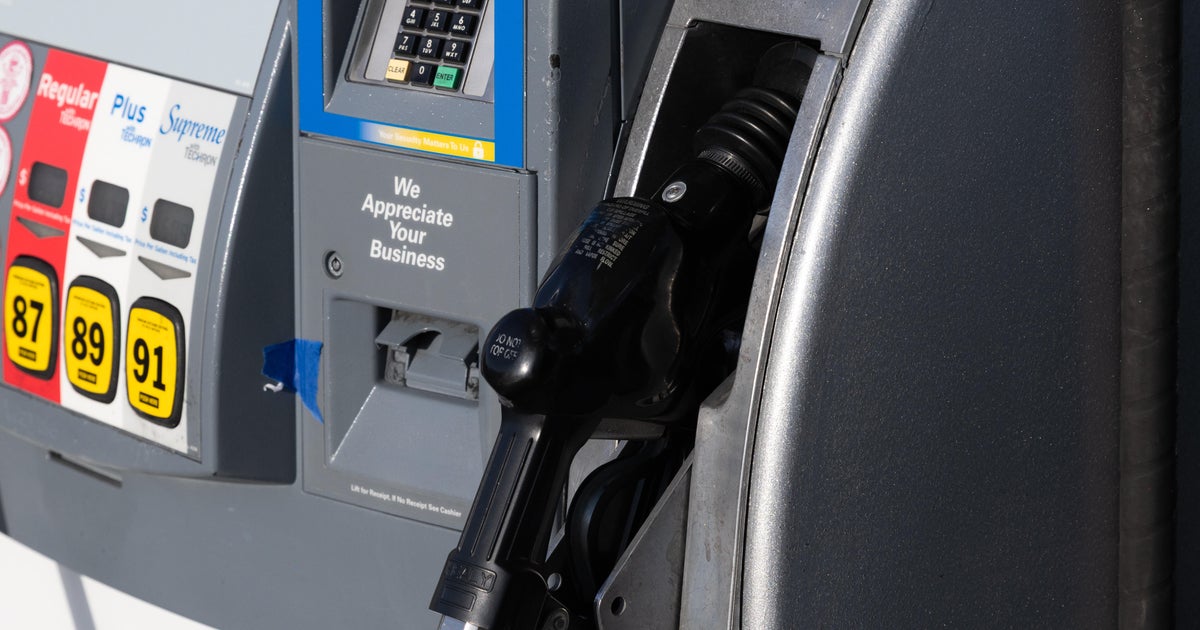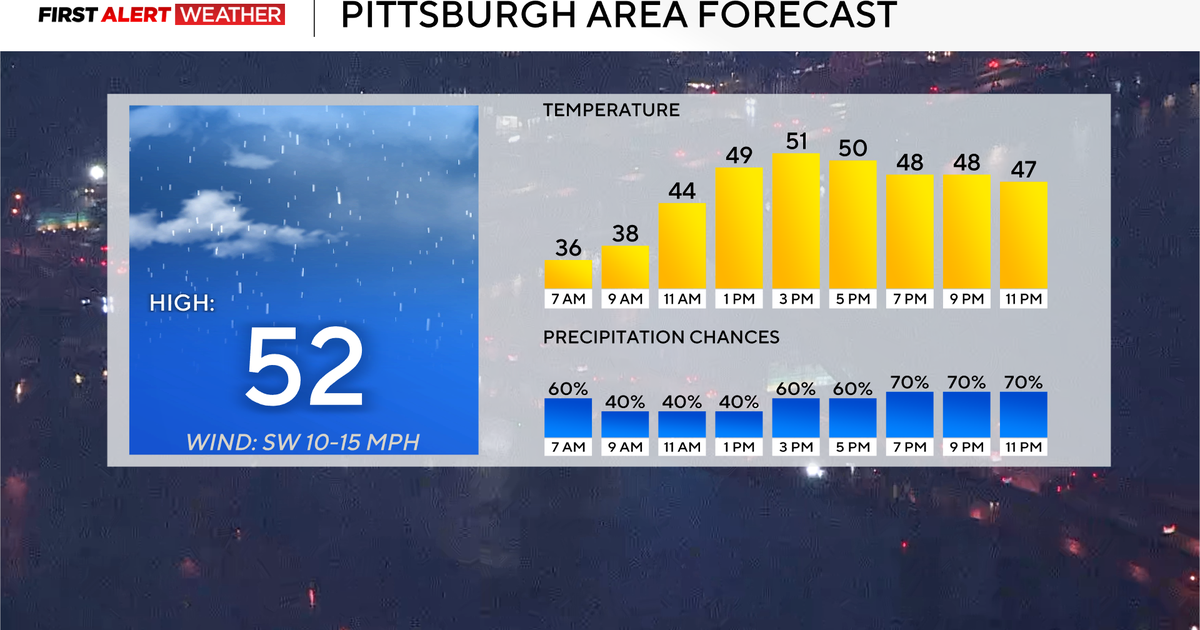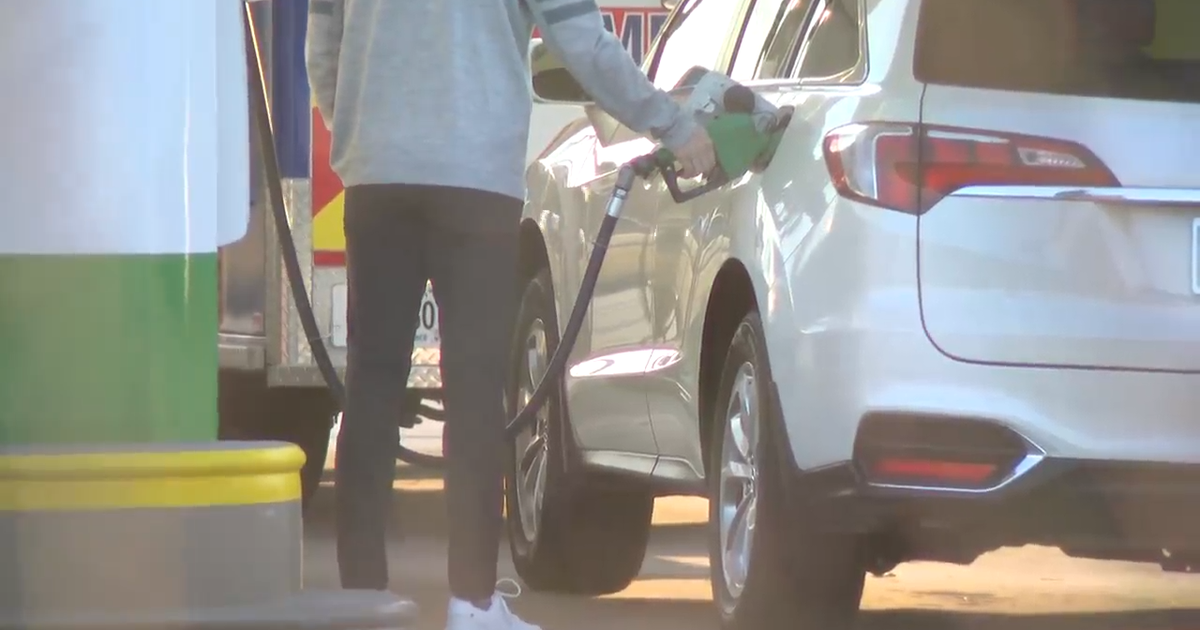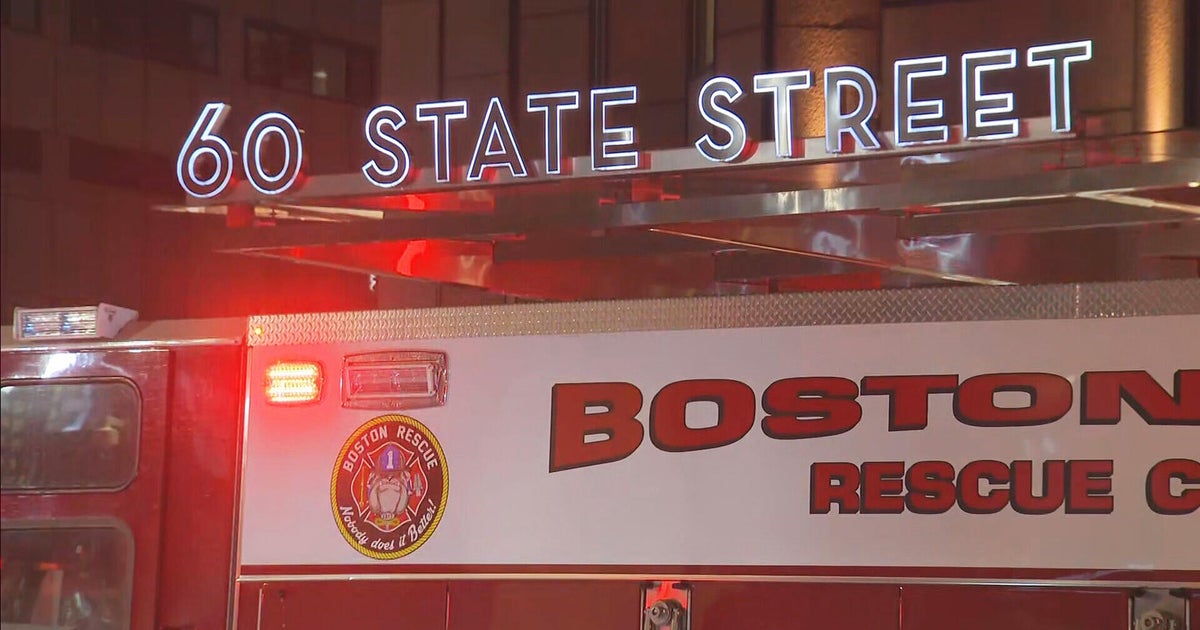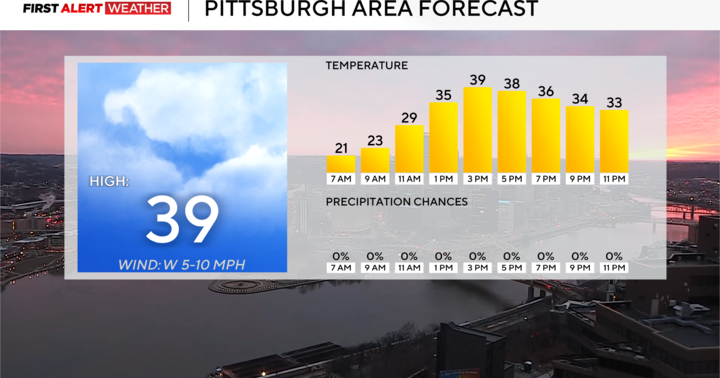As cost of home heating rises, federal assistance is lower than last year
BOSTON - Clarence Smith knows a thing or two about heating bills piling up. He says he is still paying off his natural gas bill from last year.
"Right now, I'm still a little minus on the gas," Smith said.
There are concerns that thousands of people will soon be in the same predicament. As the weather cools, the cost of heating is rising. The Massachusetts Department of Energy Resources estimates that electric heating will be 54.6% more expensive this winter, natural gas will be 28.6% more expensive, and the cost of heating oil will be 18.6% more expensive.
Federal heating assistance funds, also known as LIHEAP, have decreased. Last year, LIHEAP funds totaled over $8 billion nationwide due to COVID relief funds. This year, they total roughly $5 billion.
"It really isn't going to be sufficient given inflation, given the higher cost of all these utilities," said Sharon Scott-Chandler, the President and CEO of Massachusetts heating assistance organization Action for Boston Community Development.
Take oil, for example. Last winter, the cost of filling a tank of oil was roughly $1500. The maximum benefit in Massachusetts was $2100 which covered the price of one tank plus more. This year, Scott-Chandler worries that the maximum benefit will not even cover one whole tank.
"And we know you use at least 2.5 tanks in a pretty cold winter," she said.
For months, Joe Kennedy, the managing director at Citizens Energy Corporation has been calling on the federal government to provide just as much heating assistance as last year.
"The good news is that there's a receptive ear there. The Biden administration when the president was here actually in Massachusetts in Somerset over the summer, he called out the need for increased LIHEAP funds and was going to push for it," Kennedy said.
Kennedy says Congress will renegotiate critical funding decision in December.

